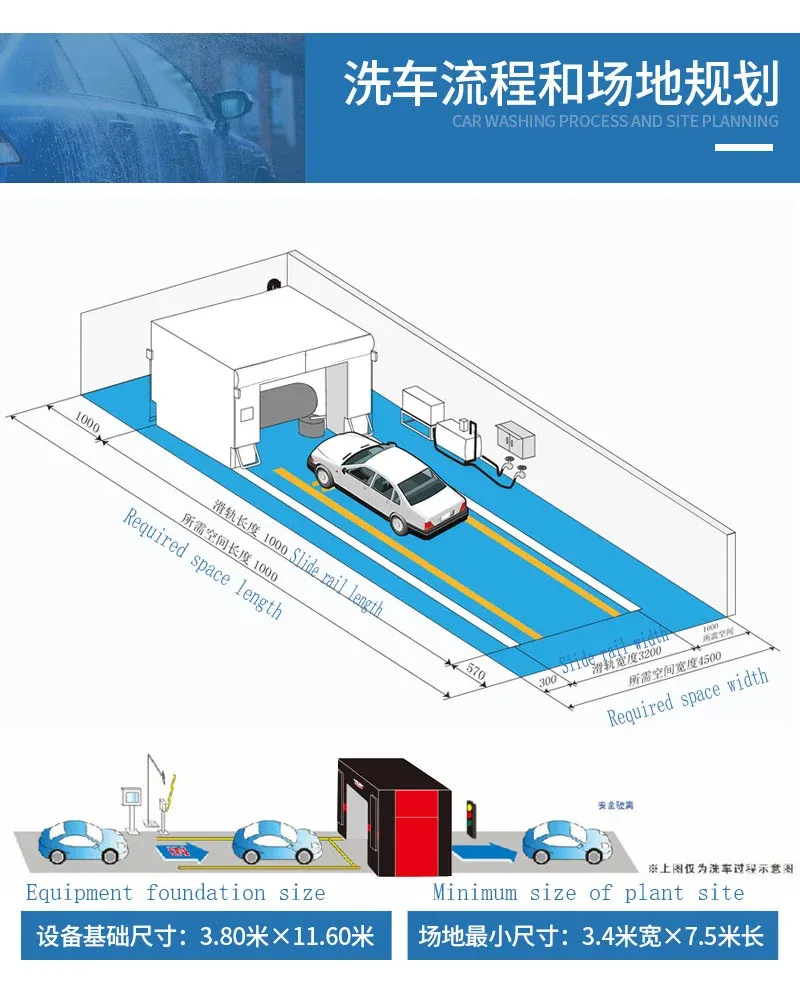Benefits of Using a Self-Service Car Wash for Your Vehicle Maintenance
The Rise of Self-Car Wash Stations A Convenient Solution for Vehicle Care
In today's fast-paced world, convenience is key, and one aspect often overlooked in our daily routines is the maintenance and cleanliness of our vehicles. Enter self-car wash stations—a growing phenomenon that provides vehicle owners with an efficient, cost-effective, and user-friendly solution for keeping their cars in pristine condition.
Self-car wash stations have gained popularity in urban and suburban settings, largely due to the ever-busy lifestyles of modern consumers. These stations offer a unique combination of convenience and affordability, allowing users to wash their vehicles at their own pace, without the need for an appointment or service staff. Located in easily accessible areas, they provide a range of services, including high-pressure washes, foam brushes, wax applications, and even vacuuming stations. Often open 24/7, self-car wash facilities cater to anyone’s schedule, whether they are early risers or night owls.
The Rise of Self-Car Wash Stations A Convenient Solution for Vehicle Care
Moreover, self-car wash stations empower customers to take charge of their car maintenance. Many car enthusiasts enjoy washing and waxing their vehicles, as it often fosters a deeper connection with the automotive experience. This hands-on approach not only ensures that the car receives the detailed attention it deserves but also provides a sense of satisfaction and accomplishment for the owner. Cleanliness can reflect pride in ownership, and for some, the act of washing their vehicle has become a therapeutic or meditative ritual.
self car wash station

In addition to personal enjoyment, self-car wash stations are beneficial for the environment. Many stations use eco-friendly products and advanced water reclamation systems to minimize waste. Moreover, by providing a self-service option, these facilities typically use significantly less water than traditional automatic car washes, which may rely on excessive resources to deliver a shine. This aspect is increasingly attractive to environmentally-conscious consumers who want to ensure that while they are cleaning their cars, they are simultaneously taking steps to protect the planet.
The technological advancements that have permeated the self-car wash industry further enhance the user experience. Many modern stations are equipped with automated payment systems, enabling users to pay via credit card, mobile apps, or user-friendly kiosks. Additionally, innovations such as touchless car wash systems and advanced filtration processes for soaps and waxes have become standard features. Some stations even incorporate digital interfaces that provide step-by-step instructions on how to maximize the cleaning process for various vehicle types, ensuring that everyone can achieve professional results.
However, the rise of self-car wash stations hasn’t come without challenges. Competition between self-service options and traditional car wash businesses has intensified, prompting many traditional wash services to adapt by offering additional services or promotions. Additionally, self-car wash stations require diligent maintenance to ensure the cleanliness and functionality of the equipment. Owners must regularly check and service their facilities to provide customers with an optimal experience, which can be a logistical hurdle.
In conclusion, the self-car wash station trend encapsulates several modern consumer demands—convenience, cost-effectiveness, environmental consciousness, and a personalized experience. As more people recognize the benefits of taking care of their vehicles independently, the popularity of these stations continues to rise. For the auto enthusiast or the average car owner trying to squeeze in vehicle maintenance between a hectic schedule, self-car wash stations represent not just practicality, but also an opportunity to engage with their automobiles in a meaningful way. As the industry evolves, self-car wash stations are poised to become a staple of car care culture, responding to the needs of a diverse clientele eager for flexibility and control in their vehicle maintenance routine.




